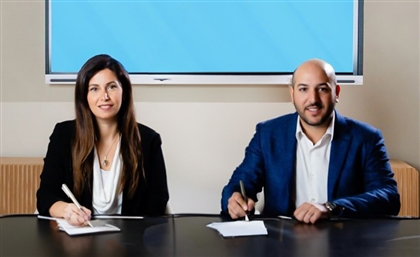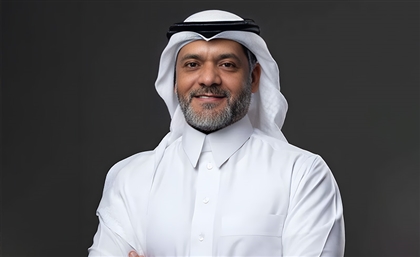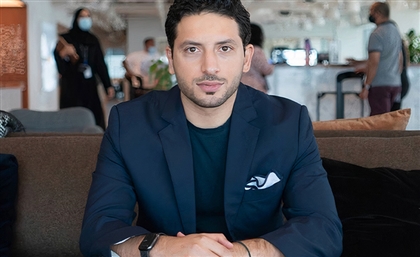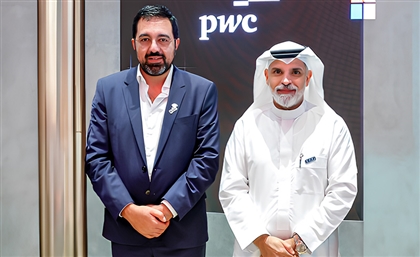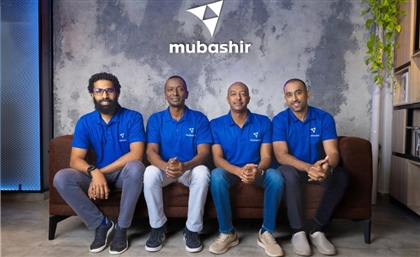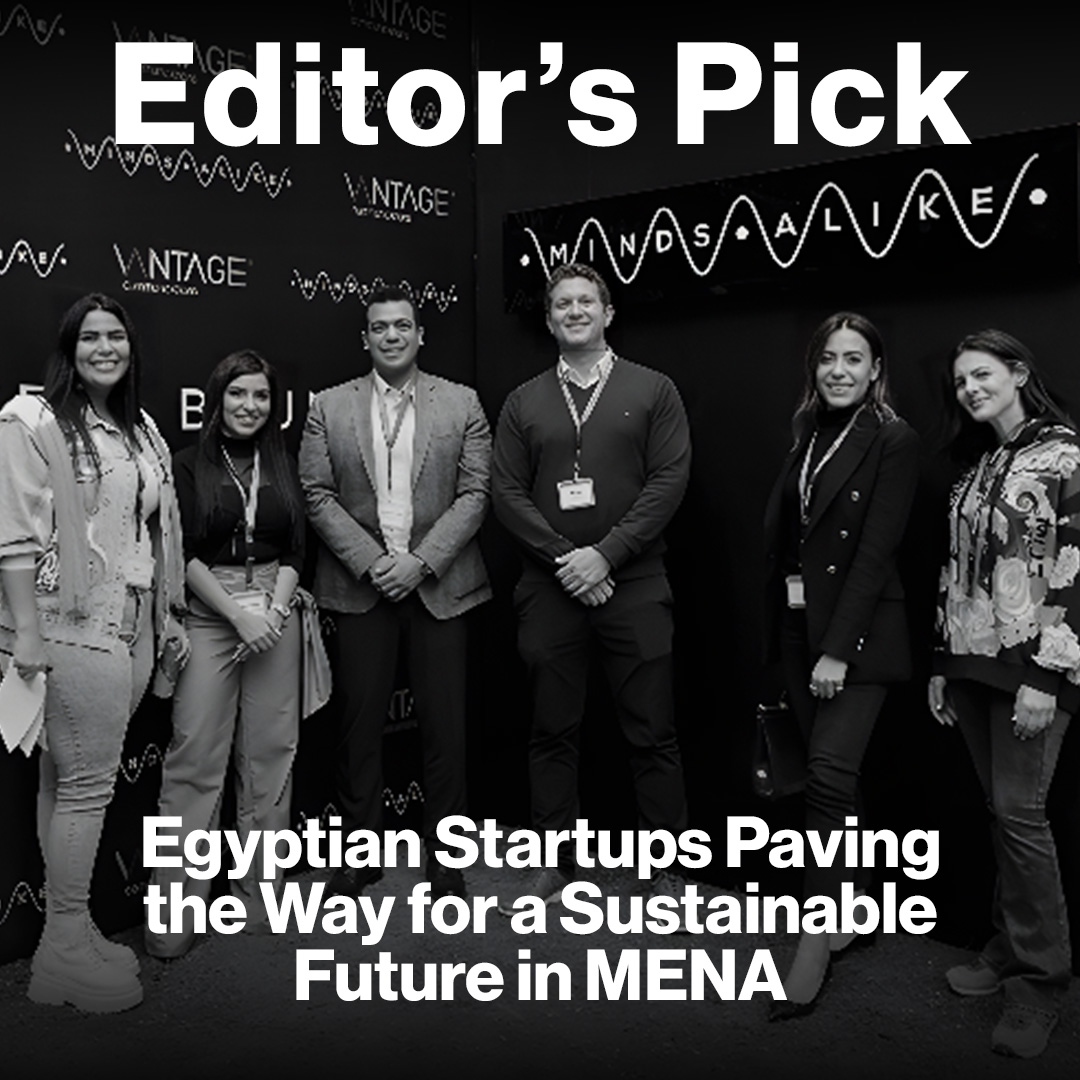How Hakbah is Digitising Traditional Savings in Saudi Arabia
The startup is digitising ‘gameya’, one of the region’s oldest saving methods, in which people contribute to a collective fund.
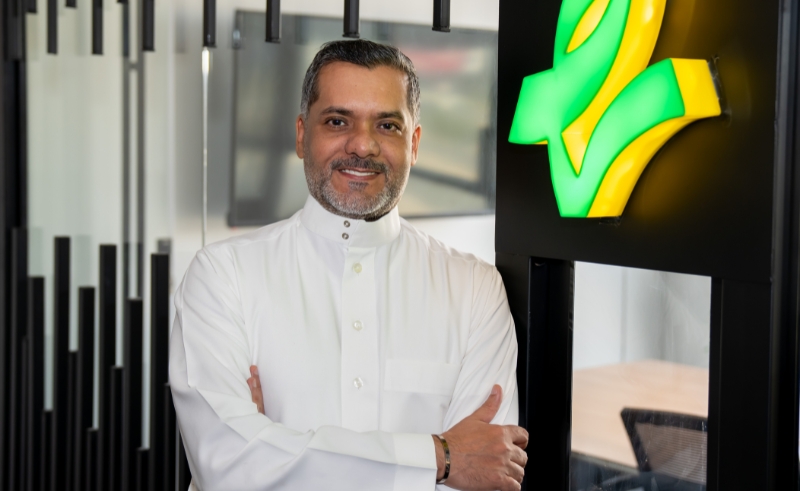
Saudi fintech startup Hakbah is on a mission to digitise one of the region’s oldest saving methods, known as the ‘gameya’ in Arabic. Founded in 2020 by Naif AbuSaida, the startup mainly works with the underbanked to support them in establishing savings habits while also expanding financial inclusion in the country.
An ex-banker and marketing communications expert, AbuSaida first thought of establishing a fintech startup dedicated to savings after discovering that people in the Kingdom and the wider GCC region struggle with saving money. He states that an estimated 70% of Saudi’s don’t have emergency savings. This is perhaps unsurprising, since according to the latest survey conducted by The General Authority for Statistics in Saudi Arabia, the country has a household saving rate of only 1.6% - one of the lowest among G20 countries.
“There is a savings crisis in the region,” Naif AbuSaida, Founder of Hakbah, tells StartupScene. “In Saudi Arabia and all other Arab countries, people live almost paycheck to paycheck. And too many people still struggle with how to save money, regardless of how small or big their income is. And that’s what we are trying to focus on.”
Hakbah is growing rapidly in the Kingdom, boasting half a million customers to date and recording a 4x increase in revenue in 2023. The startup plans to continue focusing on the Saudi Arabian market, further making savings accessible to both residents and citizens in the country.
MAKING SAVINGS ACCESSIBLE
The traditional saving method, ‘gameya’, is an informal “money pool” where friends, family and colleagues contribute regularly to a collective fund, which is then distributed sequentially to participating members. This saving method is popular in the Middle East, India, and Mexico among other countries, particularly for the underbanked and unbanked.
Although the startup serves members from the public and private sector, it focuses mainly on the underbanked and those who don’t have a stable salary. “People who have income, but they don’t have a salary, like housewives, gig workers, freelancers, students, and uber drivers, this is a big segment for us,” AbuSaida says.
According to a report by PWC, it is estimated that 22% of the population in the GGC is unbanked compared to around 60% in North Africa, representing a big opportunity for financial inclusion in the region.
The key, however, is to get more users onboard, converting them from offline to online. Hakbah is doing that by making the user experience as seamless as possible. Unlike a traditional gameya, where members may feel uncomfortable following up on payment, or in some cases, struggle to contribute to the fund, the digital platform removes these barriers by guaranteeing to cover defaults or mispayments.
“The customers pay us the fees for management, and we are the guarantee regardless of who is in gameya with you,” AbuSaida explains. “Any mispayment or default, you will be covered. So, we offer that assurance. What we are doing, we are digitising it. Taking it from offline to be part of the financial system, and making it faster, better, and offering peace of mind, removing the social discomfort factor.”
GROWING AGAINST THE ODDS
Launched during a time of economic uncertainty when the region grappled with the COVID-19 pandemic, high inflation and rising interest rates, Hakbah still managed to get its business off the ground. Relying purely on word of mouth, the startup is growing its customer base and expanding its offerings to include two more savings programs, in addition its flagship gameya product.
“The last dollar spent on advertising was in March 2021,” says AbuSaida. “We are working purely on word of mouth. Customers are literally recommending us on social platforms, and this is one of the amazing things we have. The network effect is very effective and strong, and we rely on that to keep growing because in the Arab world, especially in Saudi Arabia, people trust recommendations more than advertising.”
Spreading the word is not the only factor contributing to the startup’s success. Saudi Arabia is also actively diversifying its economy away from oil as part of its Vision 2030, increasing participation of the private sector and boosting entrepreneurship in the process. As such, the country launched the Financial Sector Development Programme (FSDP) to help diversify the financial sector and support household savings.
Since launching, the startup has raised an estimated total of $7.5 million, including $5.1 million in its latest funding round in December last year.
At a time when funding is running dry, AbuSaida says that maintaining a healthy bottom line is ultimately what led to a successful fundraise. “When we built Hakbah, we built it with the mindset of a startup and a corporate business, which means that money raised from funding rounds will be used for enhancing, expanding and adding more features, but from the bottom the company is healthy,” he explains. “Whether it’s a startup or a multimillion-dollar company, the bottom is the same. You have to be profitable, and you have to be sustainable.”
Although the startup seems to be going from strength to strength, AbuSaida wants to only focus on Saudi Arabia and capture 50% to 70% of the market share before expanding to other parts in the region. In the meantime, his goal is to continue encouraging people to save, improving their saving rates and living standards. “We’ll tackle the savings crisis,” he says. “Two years from now, we expect to see a huge difference.”
Trending This Month
-
Apr 05, 2024



